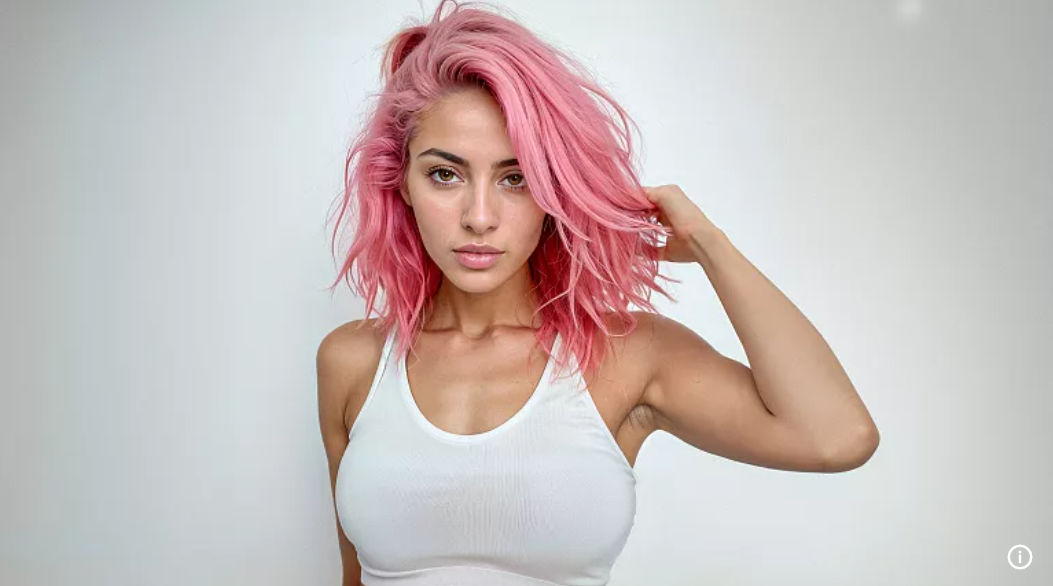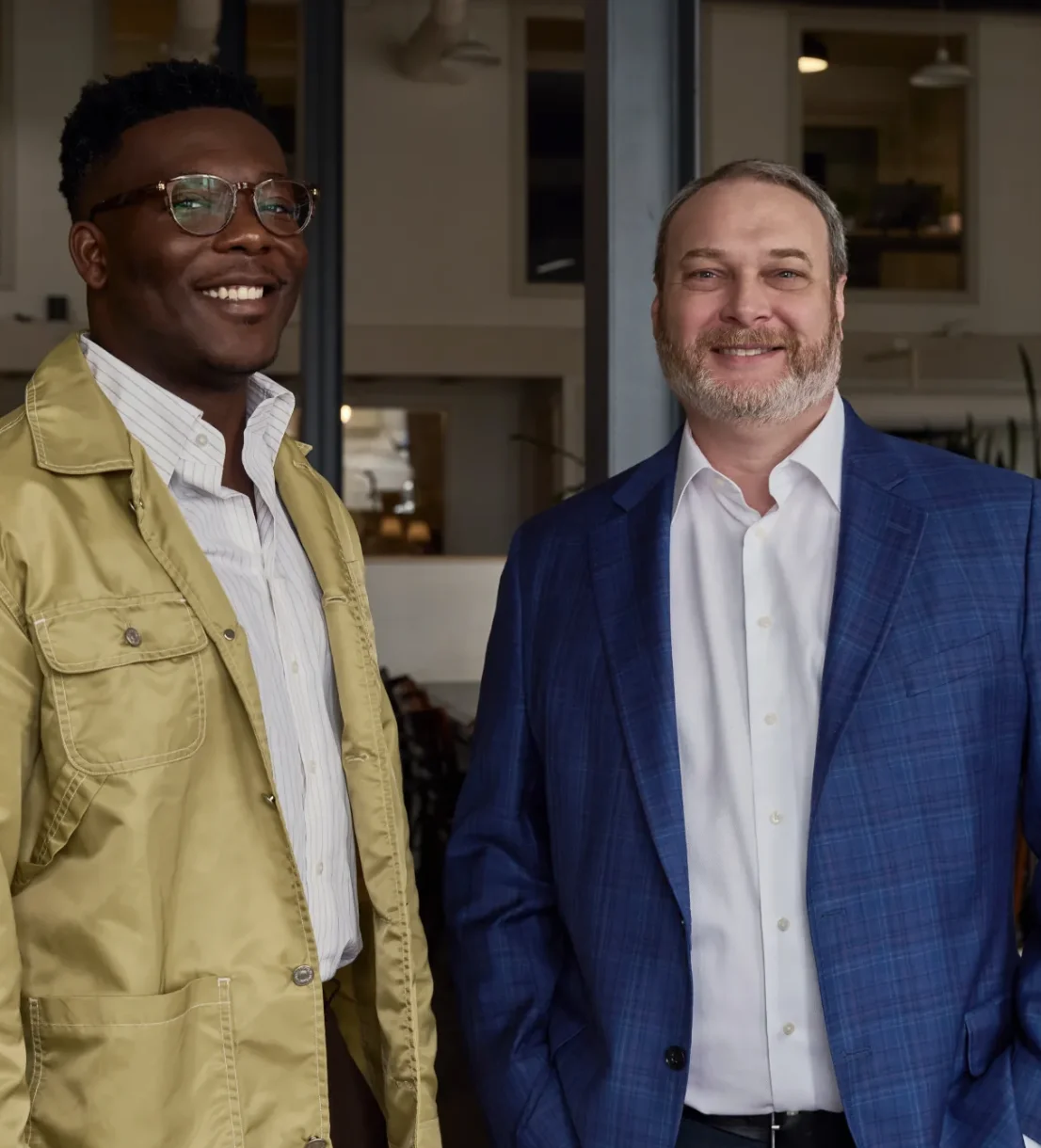In the world of female modelling, top models command substantial incomes, with some earning thousands per day or even monthly. This lucrative industry, traditionally dominated by human models, is witnessing a transformative shift with the introduction of virtual influencers.
Responding to this trend, The Clueless, a design agency based in Barcelona, decided to create a unique influencer named Aitana. She’s a vibrant 25-year-old with pink hair, designed to embody physical perfection. Aitana’s earnings are impressive, reaching up to €10,000 a month, though on average, she brings in about €3,000. Her income primarily comes from advertising, with each ad fetching just over €1,000. She recently became the face of Big, a sports supplement brand, and also posts lingerie photos on Fanvue, a platform akin to OnlyFans.
“We started analyzing how we were working and realized that many projects were being put on hold or cancelled due to problems beyond our control. Often it was the fault of the influencer or model and not due to design issues,” Ruben Cruz, one of Aitana’s designers, told Euronews. “We did it so that we could make a better living and not be dependent on other people who have egos, who have manias, or who just want to make a lot of money by posing.”
Aitana has quickly amassed over 121,000 followers on Instagram, attracting thousands of views and reactions to her photos. She’s even received private messages from celebrities who are unaware of her virtual nature.
“One day, a well-known Latin American actor texted to ask her out. This actor has about 5 million followers and some of our team watched his TV series when they were kids,” said Cruz, adding that the celebrity had no idea Aitana didn’t exist.
Unlike traditional models, who are often seen as ‘blank canvases’ for designers, Aitana has a defined personality. She’s portrayed as a fitness enthusiast with a complex character, outgoing and caring. This persona was carefully crafted, incorporating elements of oriental culture, as seen in her pink hair and gamer aspect, reflecting recent European trends.
“In the first month, we realized that people follow lives, not images. Since she is not alive, we had to give her a bit of reality so that people could relate to her in some way. We had to tell a story,” said Cruz. “A lot of thought has gone into Aitana,” he continued. “We created her based on what society likes most. We thought about the tastes, hobbies and niches that have been trending in recent years.”
Following Aitana’s success, the agency created another virtual model, Maia, who is described as “a little more shy.” Both names cleverly incorporate the acronym for artificial intelligence (AI). The agency, previously working with real influencers, saw a significant cost benefit in creating virtual models. This shift could lower market prices and benefit smaller companies unable to afford big advertising campaigns.
“They want to have an image that is not a real person and that represents their brand values, so that there are no continuity problems if they have to fire someone or can no longer count on them,” said Cruz.
However, there’s controversy surrounding this initiative. Critics argue that the unrealistic perfection of these models could adversely affect the younger generation’s self-image. Additionally, there’s concern over the highly sexualized depiction of these virtual models, a response to which the agency counters that they are merely mirroring the aesthetics set by real influencers and brands.
“Kim Kardashian makes a million euros for an Instagram photo and she doesn’t cure cancer. Nobody earns a million euros for uploading a photo to a social network, it seems absurd to me,” he said.
Featured image: Aitana. Credit: The Clueless Agency






